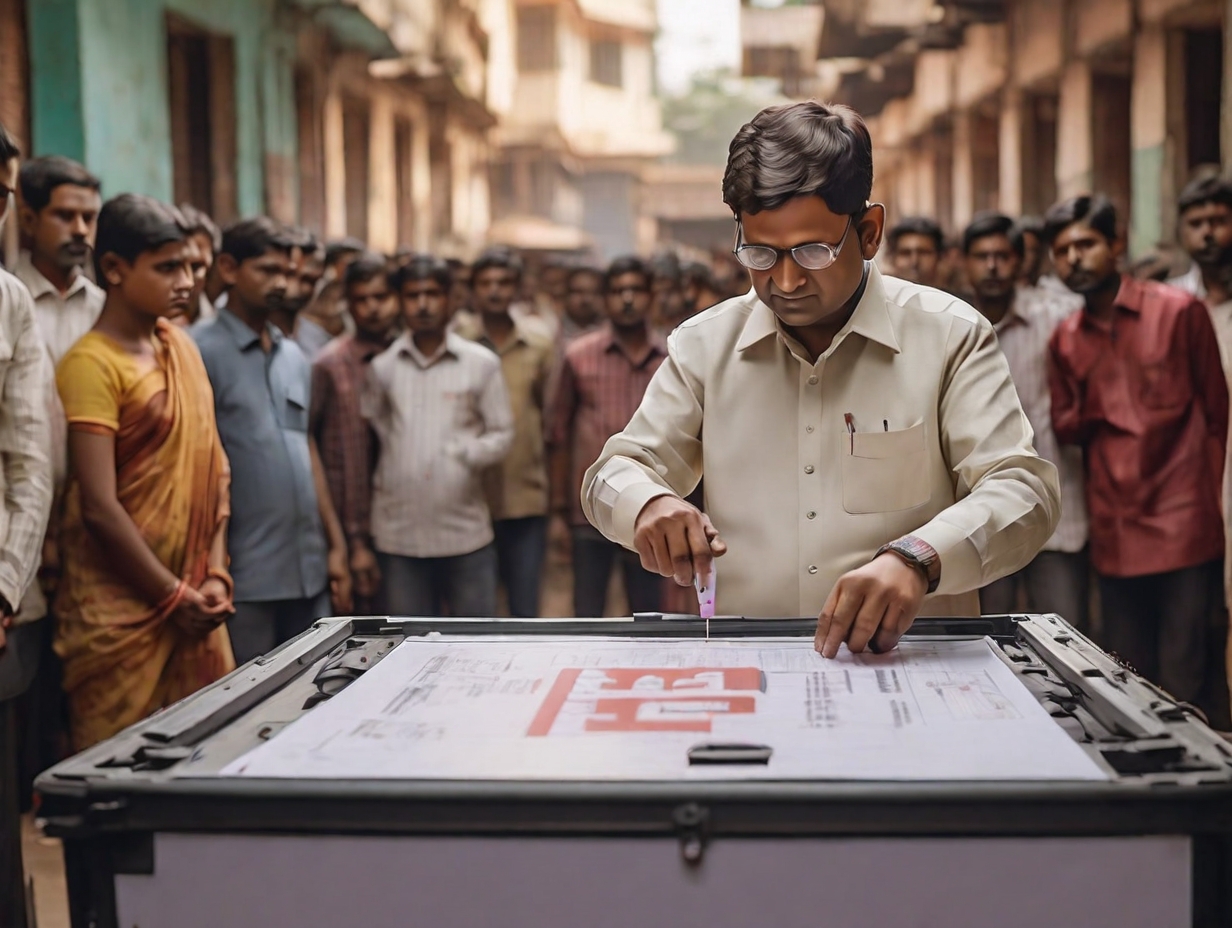The convention of India’s mass election is advancing the techniques of electioneering, among which are novel methods that are affecting the actors of the political campaign. This is highly promising for the upcoming elections, which will be the biggest in the world. AI has risen as one of the most important tools to target voters, and it is widespread.
AI Revolutionizes Political Communication
Indian politics has already experienced the AI application while political parties utilize AI to propagate messages across linguistic obstacles so that candidates can partner with voters in their native languages. By way of making viral videos and AI-generated voice chats, campaigns are beating the traditional ways of engagement with people by speaking one of 780 languages.
A highly illustrative instance is the surge of personalized videos and automated phone lines that have made it possible to connect with voters on a much larger scale, thus leveraging direct communication. Through the use of AI, activists can adapt messages to one-to-one communication, entailing vastly higher campaigner efficiency.
The proliferation of “deep fake” videos.
On the other hand, AI further amplifies the possibilities AI brings to political communication while, at the same time, concerns arise around the risks arising from AI misuse. The rise of “deep fake” videos that involve alteration of audio and image content in order to show people as saying or doing things that were not really happening creates an evident problem on the veracity of electoral processes.
This gives rise to a major point, but it does not prevent Indian political parties from harnessing artificial intelligence as a strategic weapon to distinguish several intricacies involved in dealing with a multi-ethnic voting populace. On the other hand, the lack of distinction between the somewhat real and the completely fabricated are the lessons that point out the importance of being on the watch for any corruption during the processes of democracy.
With AI elections in India starting to happen, politicians are expected to adopt this technology, and this will result in a significant change in communication styles. While there is no doubt that a wide range of new technologies would be advantageous for implementing personal involvement tomorrow, there are still issues that the stakeholders need to consider. The involvement of Indian AI in the electoral process under the prism of the world focuses is evidence of the new era in which democracy transformed under the technology era.
Therefore, by creating such a visionary system with a responsible strategy on how to actualize the potential of AI, India could successfully make a transition towards more fair and transparent electoral systems. Similarly, like AI technology is changing with this nation currently facing the intricacies of modern governance, AI will be altering the democracy of India for years to follow.
From Zero to Web3 Pro: Your 90-Day Career Launch Plan
